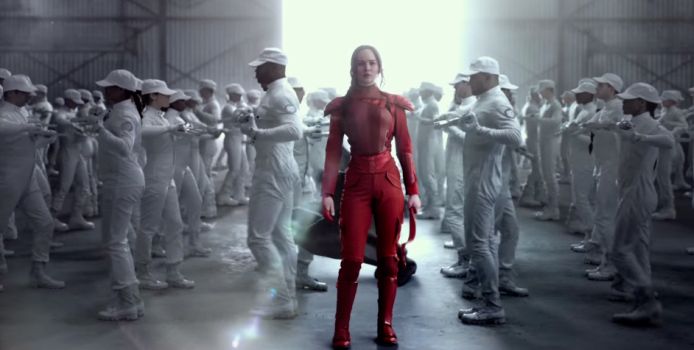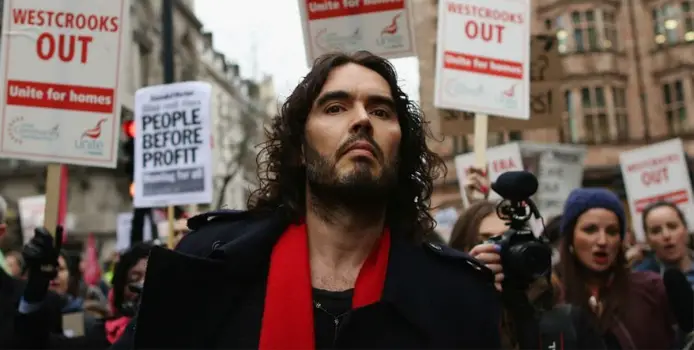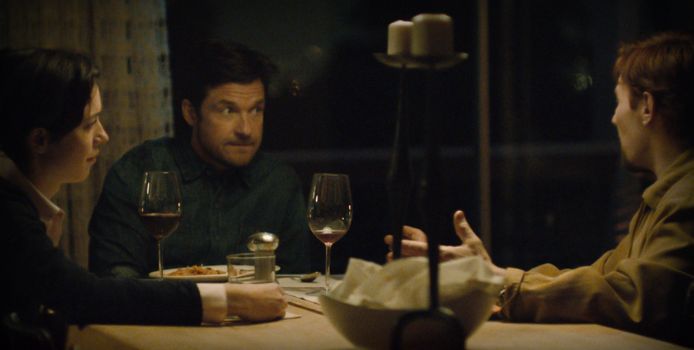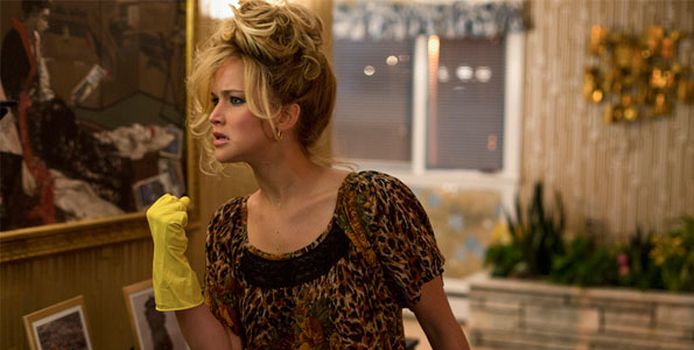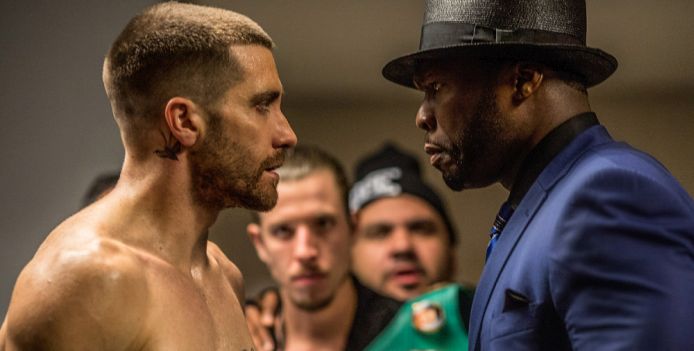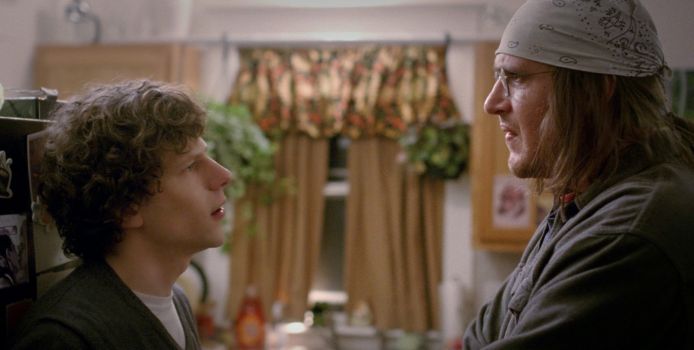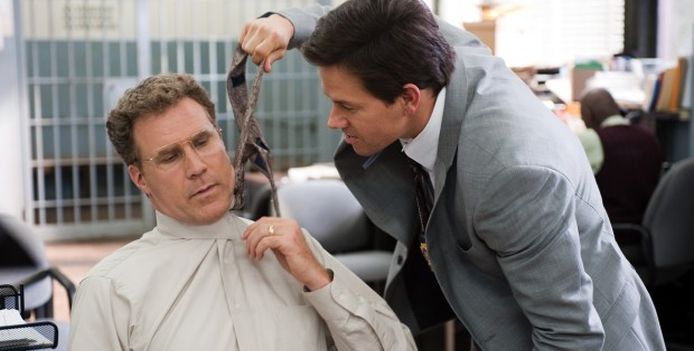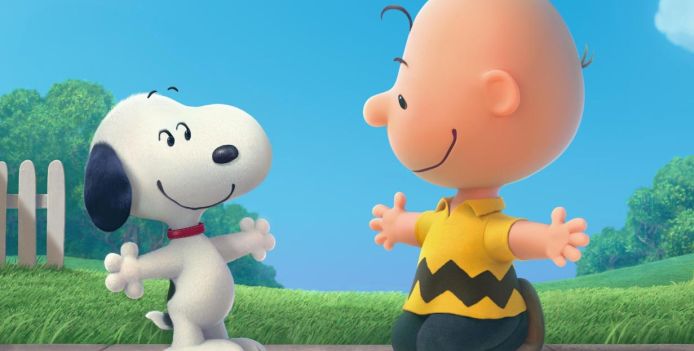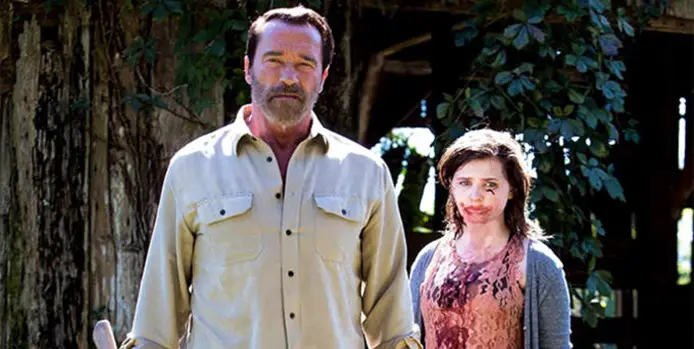
If there is ever a fitting description for Arnold Schwarzenegger’s cinematic persona, then it is this: action film hero. Time and time again, we’ve seen the ex-California Governor’s face adorning several iconic titles, portraying mere mortals (or robots in Terminator’s case) possessing near-superhuman ability, an eye for supersized weapons and a knack for crisp one-liners.

Before it had even stepped into the ring, Southpaw was dead on arrival. After all, although boxing isn’t the sport that has generated the most movies, it is the sport that has generated the most beloved cinematic classics – from Rocky and Raging Bull to the more recent likes of Million Dollar Baby and The Fighter. At the screening I attended, I was far more likely to greet it as an unwelcome entry to the boxing movie pantheon, due to the fact that the last trailer before the movie started was for Creed, the new Rocky spin-off that benefits from having Sylvester Stallone yet again reprising his most iconic role.
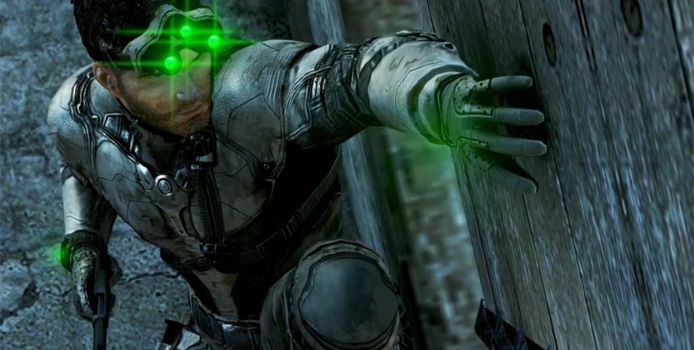
It sounds so easy on paper. Take a successful creative work that already has a large following and put it on the big screen, what could possibly go wrong? A lot it seems, as it can be rather difficult to find any game film released that has been received positively, and with the recent travesty released being in the form of Pixels there seems to be no hope in sight.
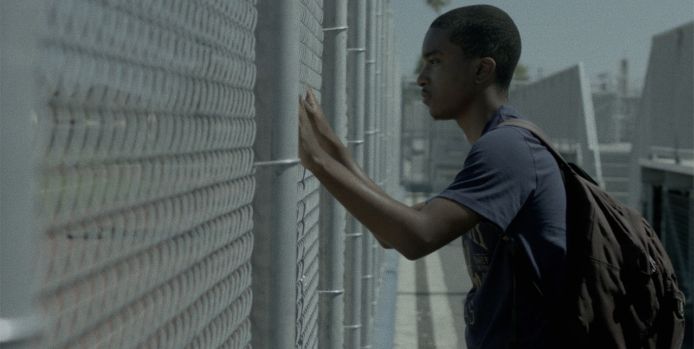
Terrance is a documentary short made by Joris Debeij and forms part of a series of films (I Am Los Angeles) that focus on the stories of people who live in Los Angeles. Terrance documents the life of the young black teenager, Terrance Thompson, his losses, and his resulting depression. All things going to plan, Terrance Thompson will have graduated high school by the time you read this review.
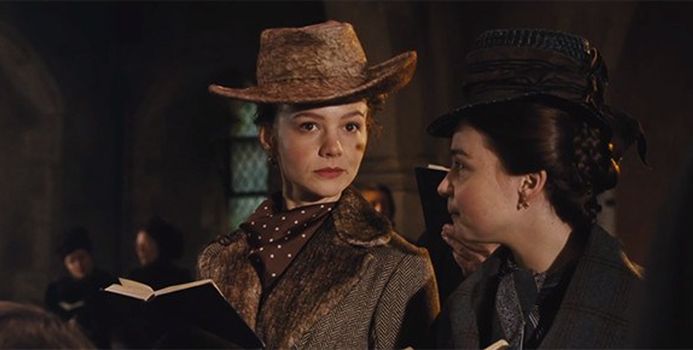
Under the last government, the UK film council (which supported the funding, production and distribution of British films) was scrapped, as prime minister David Cameron cited that the initiative “wasn’t supporting films people British people want to see, like Harry Potter”. Subsequently, we have been told this has made it far harder for British filmmakers to get their movies made. As David Cameron’s Conservative government have recently been re-elected into parliament (this time as the sole governing party; last time they were part of a coalition), it is time to examine what effect this will have on British filmmakers, both in terms of how they will be able to get their films made now there is a tighter grip on funding, as well as how it will effect the kinds of films they make.

Asif Kapadia isn’t the documentary filmmaker of our times, but he is one of the most timely. In the digital age where all information is online, he manages to make movies comprised almost entirely of footage that can be found on YouTube and somehow turn them into major events in documentary cinema. Since his (ever so slightly overrated) 2011 effort Senna, his style as a documentarian has stubbornly refused to change, yet the way he manipulates archive footage to create something new and horrifying is unparalleled, even if it frequently favours emotional manipulation over creating a deeper look at the self-destructive life of subject Amy Winehouse.


